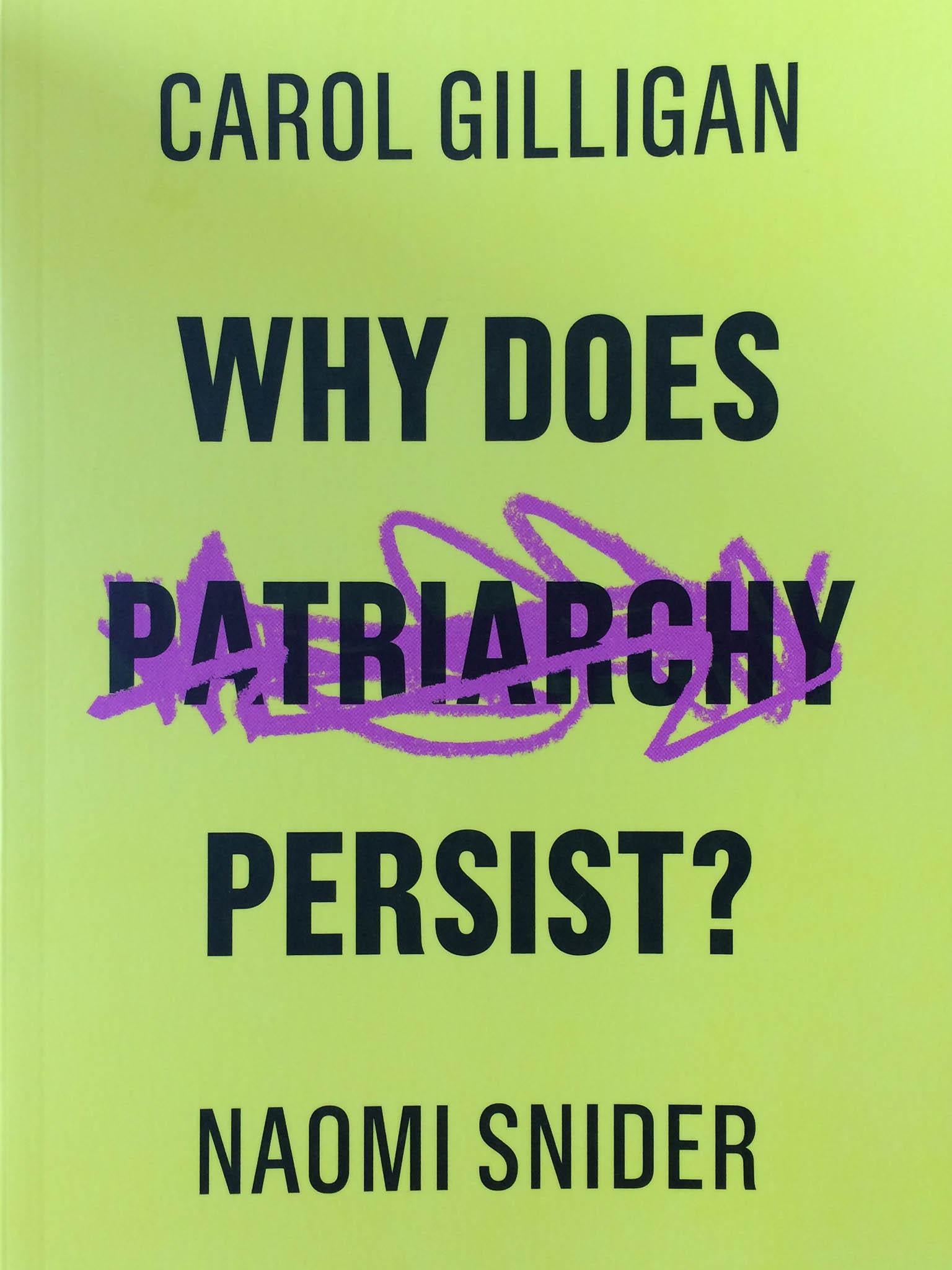A Quiet Revolution: Cultural Change in Gender Roles Starts with Us. Early.

ERROL LEWIS, NY DAILY NEWS
It is wonderful to see girls and women gravitate toward politics, whether as candidates, protesters, campaign professional or volunteers. But scratch the surface at most workplaces or social settings, and you encounter the kind of deeply ingrained sexism that fuels job and wage inequality, exclusion from key political and civic leadership roles and other forms of discrimination.
We see it in business meetings where men will still ignore the ideas of a woman at the table — only to praise a man who makes the same point seconds later. We see it in the epidemic of violence against women: The Washington Post recently analyzed 4,484 killings of women in 47 cities over the last 10 years, and found that 46% died at the hands of intimate partners.
The problem is deeply rooted in our culture. We still train young boys to be assertive, aggressive and disconnected from feelings of kindness and care. We still squelch overly independent girls, letting them know that being “good” or popular means remaining silent at times and putting others’ needs before their own.
More than 30 years ago, author and psychologist Carol Gilligan sparked a revolution with the publication of “In a Different Voice,” which laid bare the phenomenon of women being ignored, silenced, misinterpreted or simply not heard.

Gilligan, a professor at NYU, has revisited the topic with co-author Naomi Snider in “Why Does Patriarchy Persist?” The book is based on a decade’s worth of conversations with young people about the key moments when culture — peers, parents, teachers, the media — pressed them into traditional roles.
“For the girls, it’s ‘If you want to be one of those girls people want to be with, then don’t say what you think and feel — this is what you should say,’ ” Gilligan told me.
As for boys, says Gilligan, “Around 4, and 5 and 6 years old, if you’re not one of the boys, then you’re called girly or you’re called gay. And you’re teased. So if you want to be a so-called real boy or a good girl, then you have to conceal those aspects of yourself that would lead you to be seen as not a real boy, or not the kind of girl people want to be with.”
According to Gilligan, most of us simply yield to the pressure to conform to stereotypical roles, not recognizing the psychological harm — Gilligan calls it trauma — that comes from betraying our own desires.
As for boys, says Gilligan, “Around 4, and 5 and 6 years old, if you’re not one of the boys, then you’re called girly or you’re called gay. And you’re teased. So if you want to be a so-called real boy or a good girl, then you have to conceal those aspects of yourself that would lead you to be seen as not a real boy, or not the kind of girl people want to be with.”
According to Gilligan, most of us simply yield to the pressure to conform to stereotypical roles, not recognizing the psychological harm — Gilligan calls it trauma — that comes from betraying our own desires.
She quotes a young woman named Neeti who complains about the burden of being made to feel she has to put others’ needs before her own. “The voice that stands up for what I believe in has been buried deep inside me,” says Neeti.
Another woman, Carrie, says: “You become so much less of a person when all you’re doing is trying to please others. You are not being who you are and after a while you lose who you were.”
A man named Adam recalls distancing himself from a best friend who turned out to be gay. “It was as if something was telling me that I needed to separate my mind from my emotions, but I wasn’t aware of what exactly it was.”
Gilligan wants us to be conscious of how we’ve been raised — and to rebel against it, politically and culturally.
Much will be made of the laws and policies that newly elected women and leaders of the #MeToo movement are pushing for. But deeper change will require a thousand small acts of introspection and personal transformation. The change starts with you.

Carol Gilligan is one of America's most distinguished writers and teachers in the field of psychology. She was born and raised in New York City and earned her Ph.D. from Harvard where she was a member of the faculty for 34 years. Her award-winning research led in 1997 to the creation of Harvard's first professorship in Gender Studies and in 2001 to the founding of the university's Center for Gender and Education. Her 1982 book, In A Different Voice, has been translated into 17 languages. Returning to New York to become University Professor at NYU, she lives with her husband in New York City and in the Berkshires.
Louis is political anchor at NY1 News.